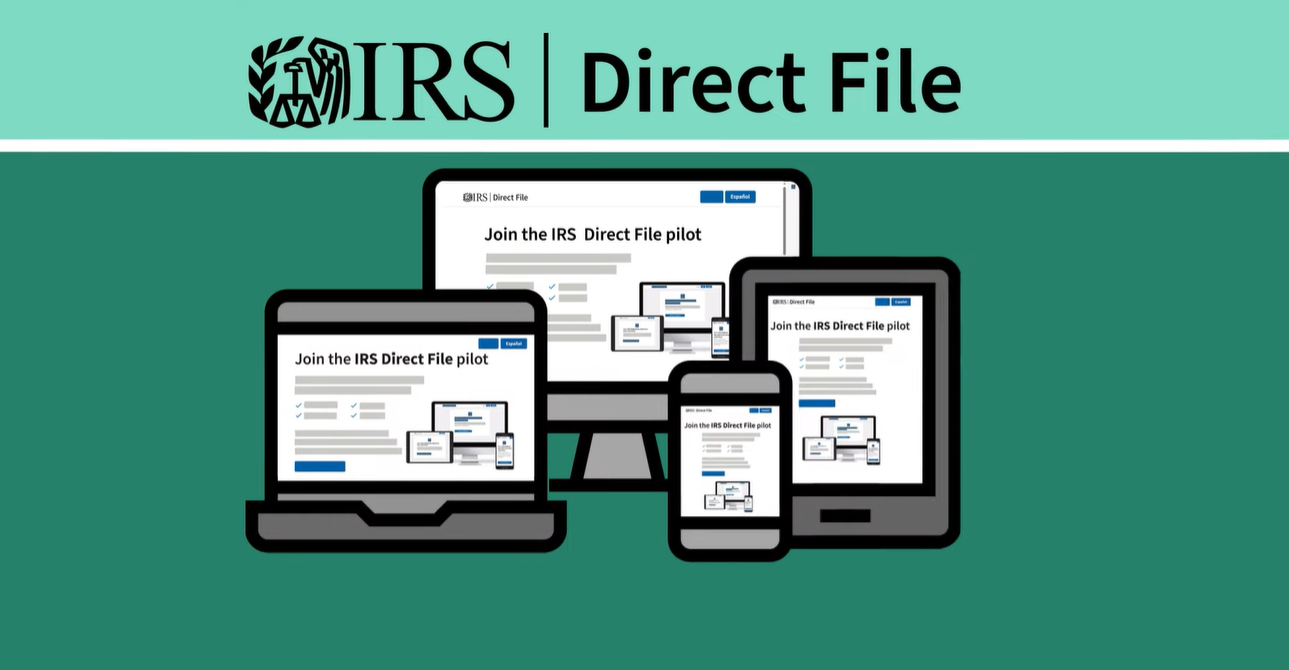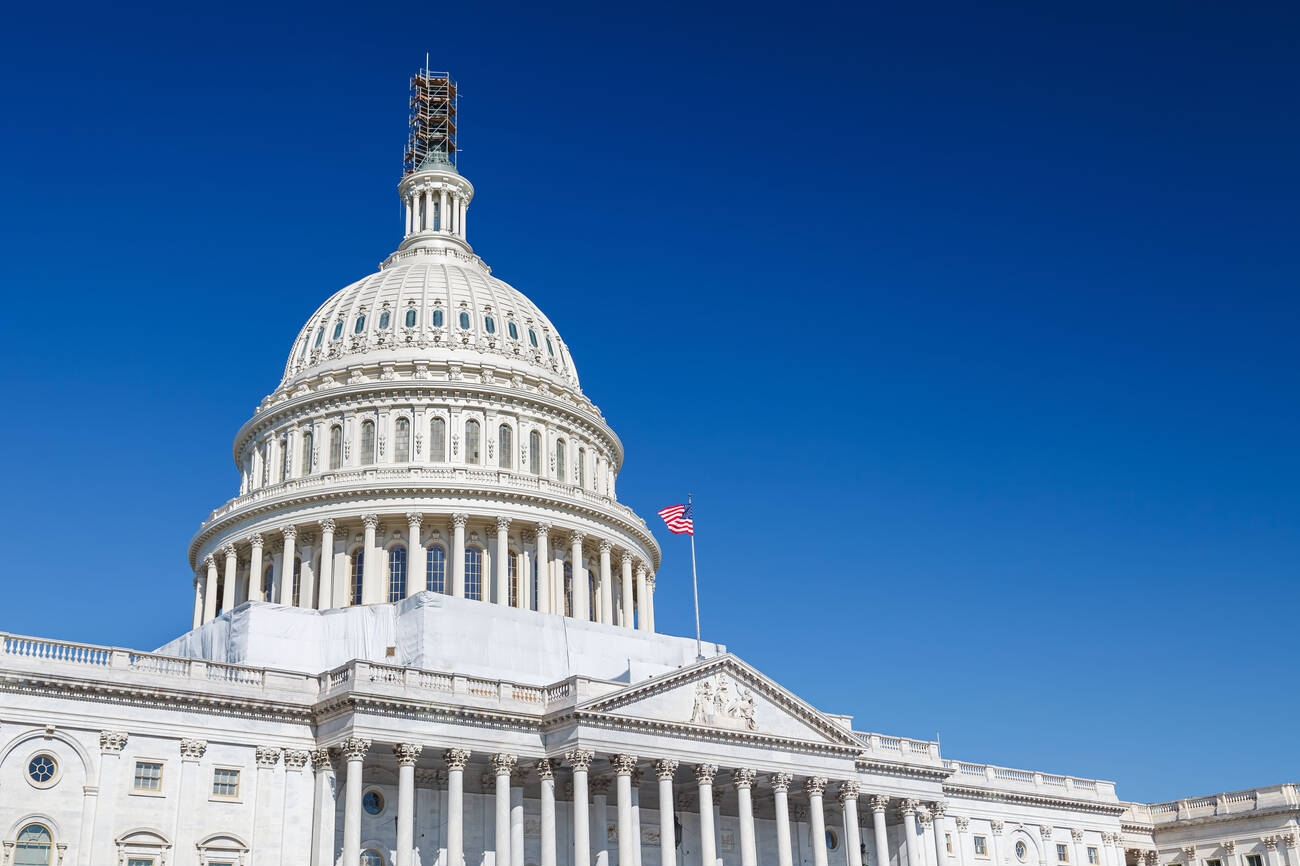By Karin Price Mueller, nj.com (TNS)
New Jersey residents will have a new way to file their federal tax returns when it’s time to file for 2024, the IRS and state officials said Wednesday.
The program, called IRS Direct File, was tested in 12 states during the 2023 tax filing season, and it’s now ready for prime time, officials said. The program will now be a permanent option for taxpayers in states that choose to participate, and New Jersey said it’s in.
Gov. Phil Murphy said more than 1.3 million New Jerseyans will initially qualify to use the service, which he called “easier, cheaper and more efficient” than other tax filing options.
“It’s no secret that filing your taxes is way more complicated than it needs to be,” Murphy said when he introduced the program. “By cutting costly, for-profit tax filing software out of the equation with the free Direct File tool, we are saving individuals and families in our state time and money.”
Eligible taxpayers will be able to use Direct File, which is offered in English and Spanish, for their 2024 tax returns, which have a deadline of April 15, 2025.
Importantly, New Jersey’s state tax system won’t be fully integrated with Direct File, which would have allowed information entered for a federal return to be transferred automatically to a state return, as a few states, including New York, did during the pilot program.
Instead, after New Jerseyans complete their federal returns with Direct File, a link will direct them to New Jersey’s separate free filing system for their state returns.
Federal officials said while Direct File was funded through the Inflation Reduction Act, there was no money provided to help states make the transition for state tax returns. Murphy didn’t put a specific number on the cost, but he said it wasn’t much more than what is being paid for improvements already.
The announcement came a day after Republicans in the U.S. House of Representatives introduced a bill that would “prohibit the Secretary of the Treasury from implementing or continuing a free, public electronic tax return-filing service option.”
The exact eligibility requirements for Direct File may be updated for 2024 tax returns, but for 2023 returns, taxpayers could have only certain kinds of income to participate: W-2 wage income, Social Security income, unemployment compensation and interest income of $1,500 or less. Those with freelance or so-called gig-worker income, and those with business income, were not eligible.
Single taxpayers were eligible if they had qualifying income of $200,000 or less, but if the taxpayer had more than one employer, the limit was $160,200 or less.
Married couples who file a joint tax return were eligible if they had qualifying income of $250,000 or less. But if one spouse’s wages exceeded $200,000, or if a spouse had more than one employer with wages of more than $160,200, the couple was not eligible.
And those who file as Married Filing Separately could not have qualifying income of more than $125,000.
There are other limits to participate. Taxpayers had to use the standard deduction and not itemize to use the program, and only student loan interest and educator expenses could be taken as deductions.
Taxpayers using the program were also limited to which credits they could take. Only the Child Tax Credit, the Earned Income Tax Credit and the Credit for Other Dependents could be used.
To take other credits or use other deductions, or to itemize, taxpayers could not use the program. It’s unclear whether or when more credits may be added for future tax years.
More than 140,000 taxpayers successfully filed their returns with Direct File last filing season during the pilot program, while more than 3.3 million used the IRS’ “eligibility checker,” a screening process that allowed taxpayers to make sure they were eligible before plugging in numbers and going through the whole process.
The program offered live, trained customer service representatives so taxpayers could ask questions in the chat feature without leaving the program. No chat-bots used, officials said.
_______
©2024 Advance Local Media LLC. Visit nj.com. Distributed by Tribune Content Agency LLC.
Thanks for reading CPA Practice Advisor!
Subscribe Already registered? Log In
Need more information? Read the FAQs
Tags: Income Tax, IRS, Taxes




